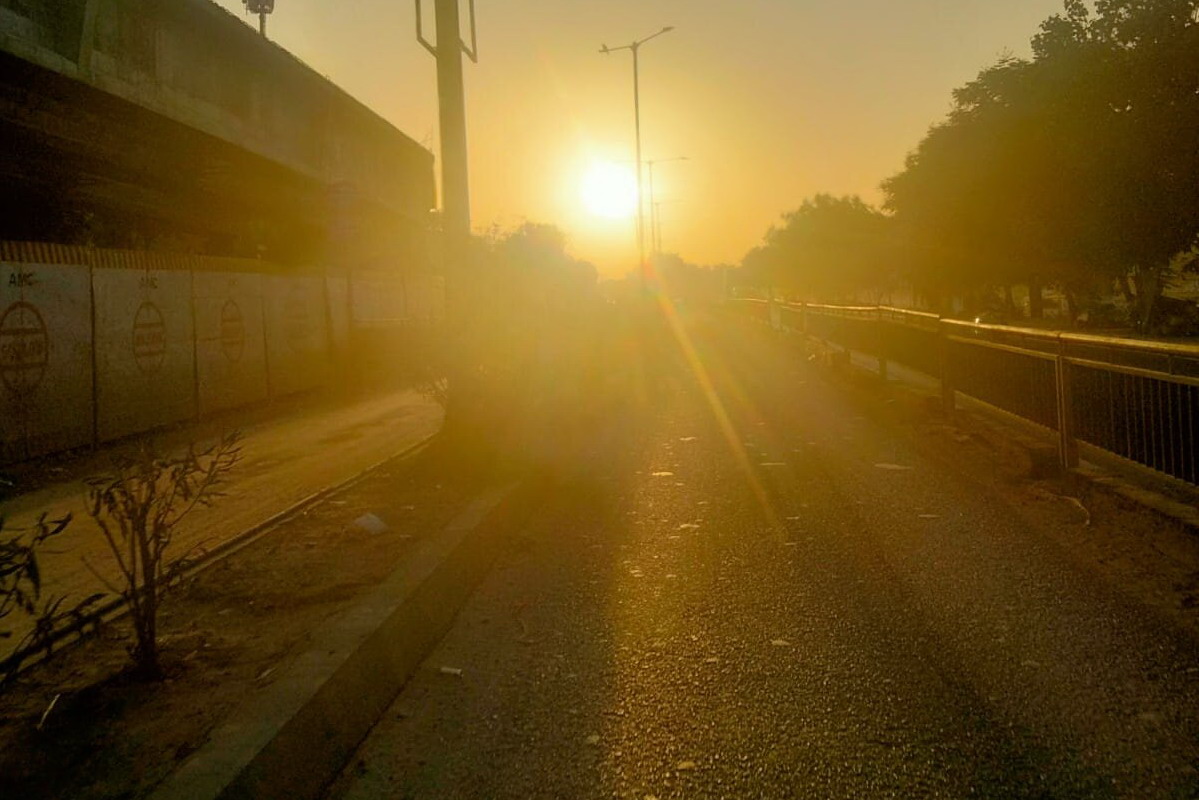
Watch Recording: https://www.youtube.com/watch?v=qngCOo-BOTQ&feature=youtu.be
The latest report (6th Assessment Report, IPCC) highlights that global climate change makes heatwaves more likely. This spring, temperatures hit nearly 50 degrees Celsius across India and Pakistan, while Bangladesh and Sri Lanka sweltered under unusually high heat. The heatwave across India and Pakistan was 30 times more likely this year than 100 years ago due to rapid and redial climate change.
Heatwaves cause an unduly adverse impact on the livelihoods, health, and quality of life of the informal sector workers, especially women. Between 2016 and 2020, heatstroke accounted for 13.6% of total deaths due to forces of nature in India. Heatwaves are a significant threat to health and increase strain on water resources, electricity, and transportation, resulting in problems like water shortages, blackouts, and power shortages.
Heatwaves are more deadly than any other climate hazard or natural disaster. A matter of international concern is that climate change is accelerating their intensity and frequency. Particularly older, pregnant, and breastfeeding women are more likely to be impacted by heatwaves due to the triple burden of productive, reproductive, and community work. Women are powerful change-makers, influencing their communities and families, especially when they hold the power of decision-making. Incorporating women leaders and their transformational skills into all levels of heat risk mitigation will build better-prepared heat-resilient and adaptive communities. Urban as well as rural areas must pursue both short-term and long-term objectives to mitigate the negative impacts that extreme heat can have on vulnerable populations – particularly informal businesses. This requires collaboration and cooperation between government agencies, local organisations, community members, and private companies. The actions should focus on building an understanding of extreme heat risk, investing in preparedness, advocating for policy reforms, expanding successful adaptation and mitigation measures and implementing green design and energy-efficient low-cost technology.
The roundtable encourages researchers, practitioners, and local actors to share their experiences and research related to humanitarian responses and approaches to heatwaves and related risk management with a focus on heatwave-affected people.
Key questions:
Organisers:
Mihir R. Bhatt, Vishal Pathak, AIDMI
Speakers:
See more information: https://conference.ihsa.info/
Under World Conference on Humanitarian Studies, November 5 to 7, 2023; Dhaka, Bangladesh
0900 to 1030 hrs.; November 6, 2023; Venue: NAC 1058, North South University, Dhaka, Bangladesh